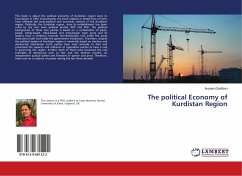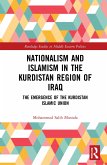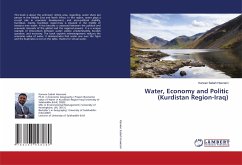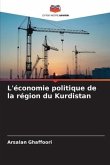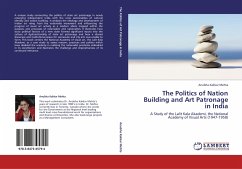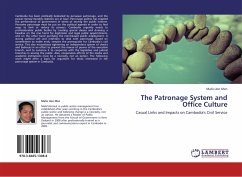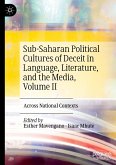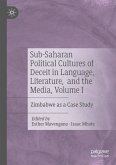This book is about the political economy of Kurdistan region since its foundation in 1992. Economically, the book explains in details how oil rents have affected the socio-political and economic context of the Kurdistan region. Politically, the Kurdistan region, since its establishment has been ruled by the two main political parties; KDP and PUK. The political background of these two parties is based on a combination of party-based, family-based, tribal-based and army-based. Each party and its leaders have a tendency towards non-democratic rule inside the party institutions itself and inside the government institutions. Therefore, despite the political system of Kurdistan region is nominally based on election and democratic mechanism, both parties have tried seriously to limit and prevented the capacity and influence of opposition parties to have a role in governing the region. Further, both of them have breached the real principles of democracy such as free and fair election process, an independent judicial system and freedom of speech and press. Therefore, there was no a rotation of power during the last three decades.
Bitte wählen Sie Ihr Anliegen aus.
Rechnungen
Retourenschein anfordern
Bestellstatus
Storno

